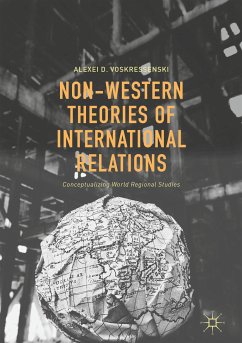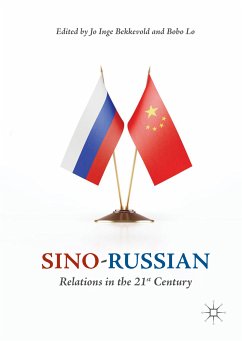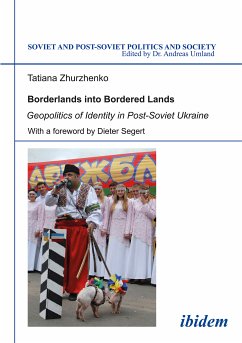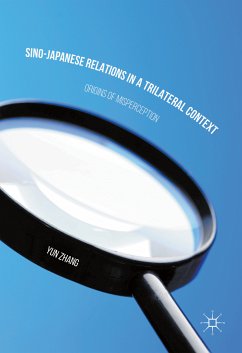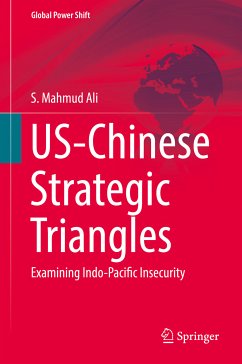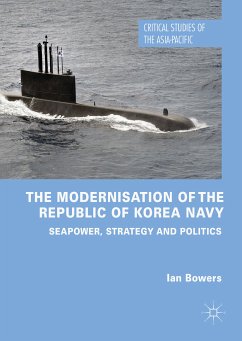
Japanese Geopolitics and the Western Imagination (eBook, PDF)
Versandkostenfrei!
Sofort per Download lieferbar
72,95 €
inkl. MwSt.
Weitere Ausgaben:

PAYBACK Punkte
36 °P sammeln!
This book is the first attempt to comprehensively introduce Japanese geopolitics. Europe's role in disseminating knowledge globally to shape the world according to its standards is an unchallenged premise in world politics. In this story, Japan is regarded as an enthusiastic importer of the knowledge. The book challenges this ground by examining how European geopolitics, the theory of the modern state, traveled to Japan in the first half of the last century, and demonstrates that the same theory can invoke diverged imaginations of the world by examining a range of historical, political, and li...
This book is the first attempt to comprehensively introduce Japanese geopolitics. Europe's role in disseminating knowledge globally to shape the world according to its standards is an unchallenged premise in world politics. In this story, Japan is regarded as an enthusiastic importer of the knowledge. The book challenges this ground by examining how European geopolitics, the theory of the modern state, traveled to Japan in the first half of the last century, and demonstrates that the same theory can invoke diverged imaginations of the world by examining a range of historical, political, and literary texts. Focusing on the transformation of power, knowledge, and subjectivity in time and space, Watanabe provides a detailed account to reconsider the formation of contemporary world order of the modern territorial states.
Dieser Download kann aus rechtlichen Gründen nur mit Rechnungsadresse in A, B, BG, CY, CZ, D, DK, EW, E, FIN, F, GR, HR, H, IRL, I, LT, L, LR, M, NL, PL, P, R, S, SLO, SK ausgeliefert werden.



